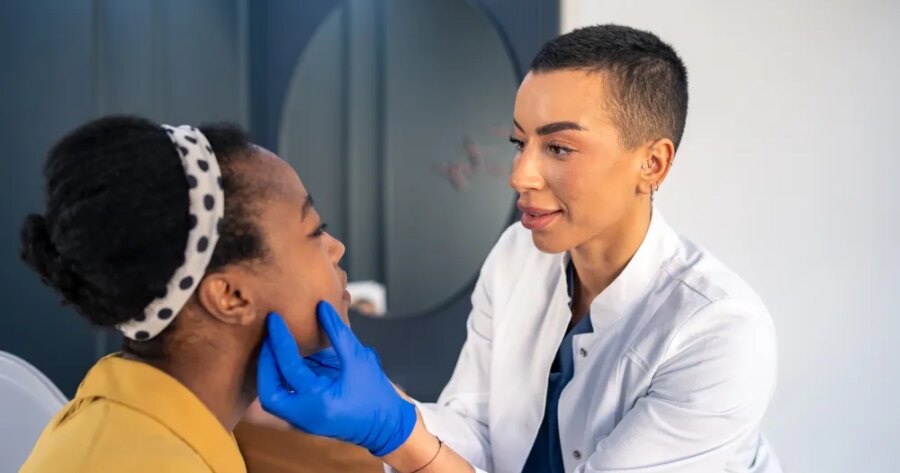Spotting plaque psoriasis early is crucial for managing symptoms and preventing flare-ups. Plaque psoriasis is a chronic skin condition characterized by red, scaly patches that can be itchy and painful. Recognizing the first signs can lead to quicker treatment and better long-term outcomes. Understanding how to identify these initial symptoms and explore effective treatments can help reduce discomfort and improve skin health. Taking proactive steps is key to managing this common and often misunderstood condition.
What Is Plaque Psoriasis?
Plaque psoriasis is a chronic autoimmune condition that causes the rapid growth of skin cells, leading to the formation of thick, scaly patches called plaques. These plaques are often red, inflamed, and covered with a silvery-white buildup of dead skin cells. The condition can appear anywhere on the body but is most commonly found on the scalp, elbows, knees, and lower back.
Plaque psoriasis is not contagious, but it can be uncomfortable, itchy, and sometimes painful. The exact cause is unknown, but it is believed to be linked to genetic and environmental factors. Understanding what plaque psoriasis is can help in identifying the condition early and seeking appropriate treatment to manage its symptoms effectively.
How to Spot Plaque Psoriasis Early: First Signs
Early detection of plaque psoriasis is important for effective management. The first signs often include small, red patches of skin that may be itchy or feel dry. These spots can gradually thicken and become more inflamed, eventually developing a characteristic silvery scale on top. The patches can vary in size and may spread over time.
Some individuals may also experience discomfort or a burning sensation in the affected areas. Initial symptoms can be confused with other skin conditions like eczema, so paying attention to persistent, red, scaly patches is key. Recognizing these signs early can prompt a visit to a dermatologist for an accurate diagnosis and a timely treatment plan.
How Doctors Diagnose Plaque Psoriasis
Diagnosing plaque psoriasis typically begins with a visual examination by a dermatologist, who will inspect the affected areas for telltale signs like red, scaly patches. A comprehensive medical history is also taken to understand any genetic predispositions or potential triggers. If needed, a biopsy may be performed, where a small sample of skin is taken for analysis to confirm the diagnosis and rule out other skin conditions.
Blood tests are not commonly used but may be recommended if other autoimmune diseases are suspected. An accurate diagnosis is essential for tailoring treatment to the severity and extent of the condition. Early diagnosis allows for prompt intervention, potentially minimizing symptoms and preventing the condition from worsening.
Treatment Options for Plaque Psoriasis
Treatment for plaque psoriasis focuses on reducing inflammation, slowing the rapid growth of skin cells, and managing symptoms. Topical treatments such as corticosteroids and vitamin D analogs are often the first line of defense, applied directly to the skin to reduce inflammation and scaling. For moderate to severe cases, phototherapy (light therapy) can help by exposing the skin to controlled amounts of ultraviolet light.
Systemic treatments, including oral or injectable medications, may be used when other options are not effective. These medications help regulate the immune system to reduce flare-ups. Newer biologic drugs specifically target parts of the immune system and have shown promising results. Managing triggers like stress, cold weather, and infections also plays a role in minimizing symptoms.
Learn More About Plaque Psoriasis
Plaque psoriasis can be a challenging condition to live with, but early recognition and treatment can make a significant difference. By understanding what it is, spotting the first signs, and knowing how doctors diagnose and treat it, you can take control of your skin health.
Consulting with a dermatologist for personalized advice and exploring treatment options that fit your needs can improve quality of life. To stay informed and empowered, continue learning about plaque psoriasis and strategies for managing it effectively.





